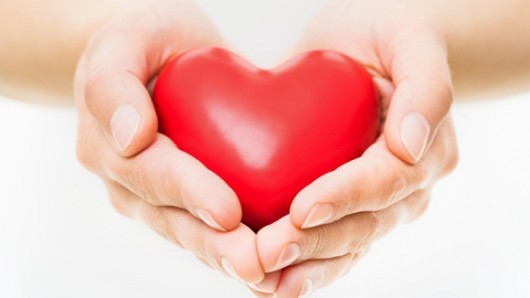Here are 15 important facts about your heart that may even save your life.
1) Hit the Books
According to studies, the more education you have, the less likely you’ll die from heart disease.
2) Take More Care of Your Heart
Heart disease is still the greatest risk of death.
3) The Heart Is a Super Muscle
Your heart is used well beyond any other muscle in your body during a lifetime.
4) Some Hearts Are as Big as a Small Car
The largest heart belongs to the blue whale, at over 1,500 lbs.
5) Even Mummies Have Hearts
They’ve found signs of heart in 3,000 year old mummies.
6) The Heart’s Energy Can Power a Truck
Your heart creates enough energy to power a truck for 20 miles a day. Which means you could drive to the moon and back on nothing but heart power.
7) Live Longer With a Healthy Heart
Healthy hearts start with a balance of clean living, low stress, and exercise.
8) A Heart Can Fill 200 Tankers With Blood
Hate waiting for long trains? Well your heart pumps enough blood in a lifetime to fill 200 tankers (1.5 million barrels). There are 75 trillion cells in your body, and the heart pumps blood to almost all of them. Your cornea is the only thing doesn’t get them.
9) A Heart Cell Is the First to Work
A heart cell, the very first one, starts to beat at 4 weeks.
10) First Mapping of a Human Heart Was in 1929
In 1929, German surgeon Werner Forssmann did the first mapping of a human heart. He mapped his own heart by inserting a catheter through his arm vein.
11) A Heart Can Beat Outside the Body
A heart can continue beating on its own outside the body, if provided oxygen. It does not rely on electrical signals from the brain
12) Monday Is the Hardest Day for the Heart
Most heart attacks occur on Monday.
13) Woman’s Heart Is Faster
She’s not nervous. A woman’s heart naturally beats faster than a man’s heart.
14) The Heart Is Associated With Love
It is not known why people associate the heart with love, though Greeks started the association.
15) Stress Hormones Can “Shock” the Heart
After experiencing an emotionally traumatic event, your body releases stress hormones into the blood stream that can temporarily “shock” the heart and even mimic heart attack symptoms.
